My mother-in-law woke me up at sunrise.
“Call your parents,” she said. There was an attack.
I was in Pune at the time, about three hours outside of Mumbai, at the tail end of a long vacation. My wife and I were staying with her parents, resting up in her hometown in India before heading back to Washington.
Bleary-eyed, I absorbed as much as I could from the fiery images on TV of the Mumbai attacks and called home.
Oh good, my dad said on the other end.
It dawned on me that my parents, who had been watching the attack unfold for hours, didn’t know I wasn’t in Mumbai until I called. That would change, though, after I learned from my editors in New York I was the only staff reporter Fox News had in India.
My vacation was over.
Over the next 24 hours, my wife and I would make our way into Mumbai, bartering our way downtown until — through a co-worker of a friend of the family — we were riding in a private car with a news team for India’s Star TV toward the Taj Mahal hotel in Colaba.
I didn’t “get” the breadth and impact of the attack until then, though I had conducted a couple interviews with residents trapped in a Mumbai bar the night before.
I had been in Mumbai two years earlier. In a country where there’s no such thing as personal space, I knew the streets of its largest city are typically blocked solid with cars, rickshaws, cyclists, livestock and pedestrians. Traffic jams? Oh, they have traffic jams.
On this day, it was like something out of an old Western — the kind of scene before a gunfight. The streets were practically empty. Residents, workers and beggars in the busiest part of the city had shuttered themselves either inside or out of sight as the fighting blazed on at the Oberoi and Taj Mahal.
The only crowd in the vicinity was made up of the Indian forces and the hundreds of journalists clumped at a not-so-safe distance from the Taj. When we pulled up to the hotel, we could hear the firefight.
My credentials safely sitting in my room thousands of miles away, the news director I was with helped usher us through the security checkpoint and we were inside the bubble. I spent the evening calling in updates to the FoxNews.com Web site and doing phoners from the scene for Fox News Channel. The night was lit up by explosions and gunfire in all corridors of the majestic hotel. My wife and I, ducking behind television trucks and laying low by a cluster of trees near the water, watched in awe as this landmark and source of national pride was seemingly demolished.
We knew the targeted locations well. The last time we were in Mumbai, we arrived at the train station that was hit by the terrorists and ate at the cosmopolitan café, Leopold, that was sprayed with bullets while we were asleep. By the time we pulled up to the Taj, we had heard about some of the brutality inflicted on victims at these locations — reports would later emerge about the torture and killing of Jews at the Nariman House.
It was kind of a close call for us, well, sort of. A few days earlier, we had discussed going to Mumbai at the end of our trip to see friends. I wanted to stay at the Taj, of course. The only reason we didn’t go is because my wife was straightening her hair and didn’t want to aggravate the process by traveling in the humidity.
Did my wife’s hair save our lives? Probably not. But the what-if bothered me and continues to. I decided that I’ll be damned if I ever hand over my U.S. passport to a concierge at a hotel overseas, for fear that terrorists arriving by boat will get their hands on it and come looking for me.
I suppose that’s one of the many awful, indirect effects of terrorism. The threat is global and it is unpredictable, and the anxiety that causes leads us to change the way we live — in big ways and small.
Though India is accustomed to attacks — a byproduct of its feuds over disputed territory, a history of tension with Pakistan and ethnic fighting between Muslims and Hindus inside the country — the brazenness of the November 26 attacks, known in India as “26/11” shook India like 9/11 shook America.
But while the attack underscored the global reach of ideological terrorism, it also underscored the resilience of the global community in its face.
Yes, the assault led to immediate finger-pointing, and denials, between Indian and Pakistani officials. And Mumbai has since been embroiled in a nasty debate over whether the city’s police forces did enough to fight the terrorists.
But those conspirators left alive are going through the justice system — the lone surviving gunman is on trial in India, and in Pakistan seven were just charged in connection with the attacks. And the Taj Mahal hotel, which I thought would never again be hospitable as I watched it burn a year ago, re-opened one month later as did a portion of the Oberoi.
As with 9/11, the attack triggered a wave of national unity. My mother-in-law, a stern but quiet and diminutive woman, participated in a peace march in Pune after the attack. She even led the crowd, she says, when nobody else would get things moving.
As for my wife and I, we’re returning to India next year. Maybe we’ll stay at the Taj. The passport stays with me, though.
Judson Berger works as an editor and writer for FoxNews.com in Washington.
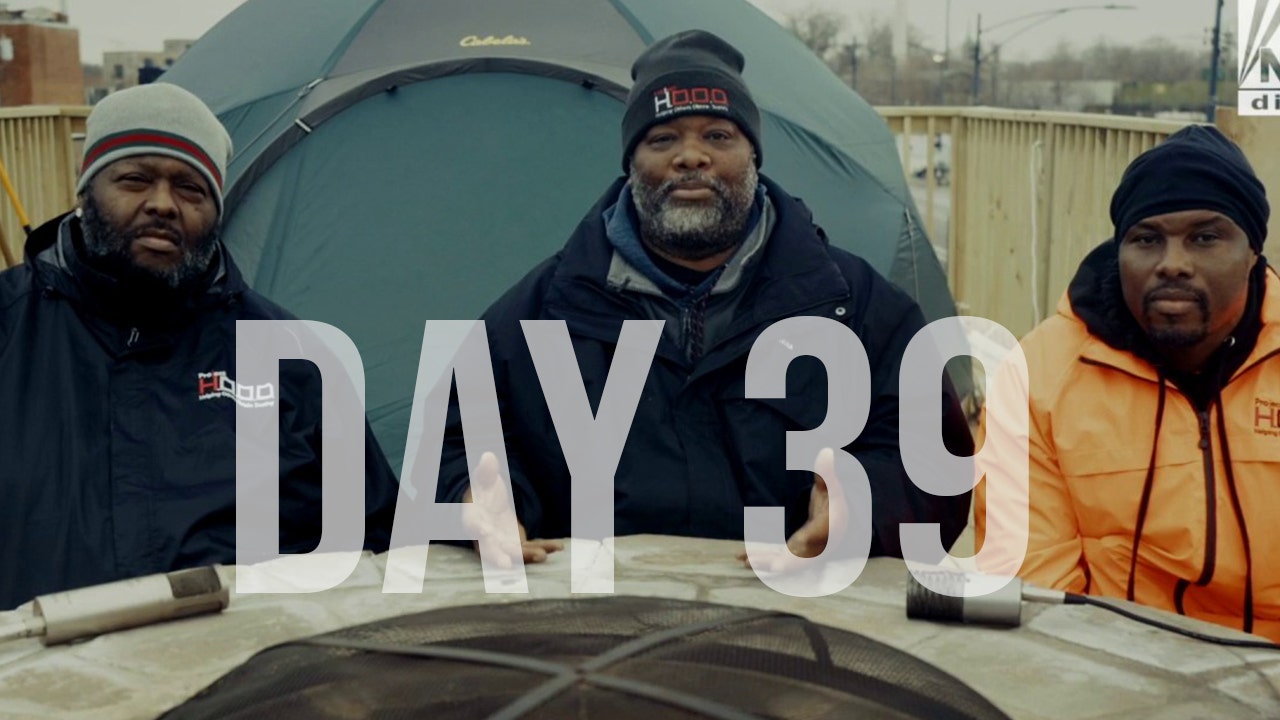
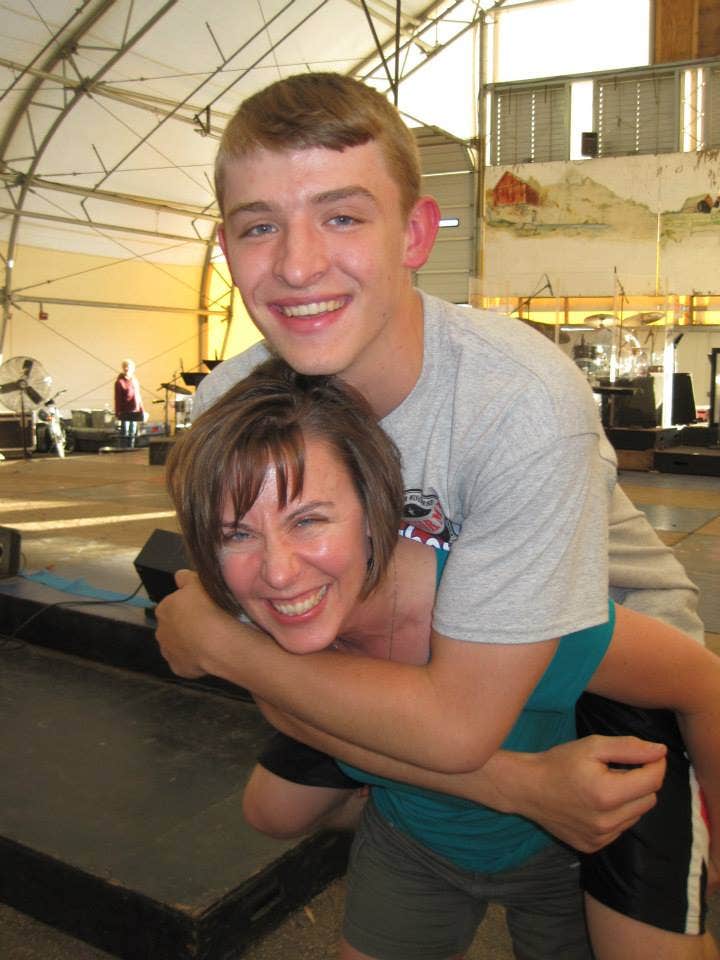
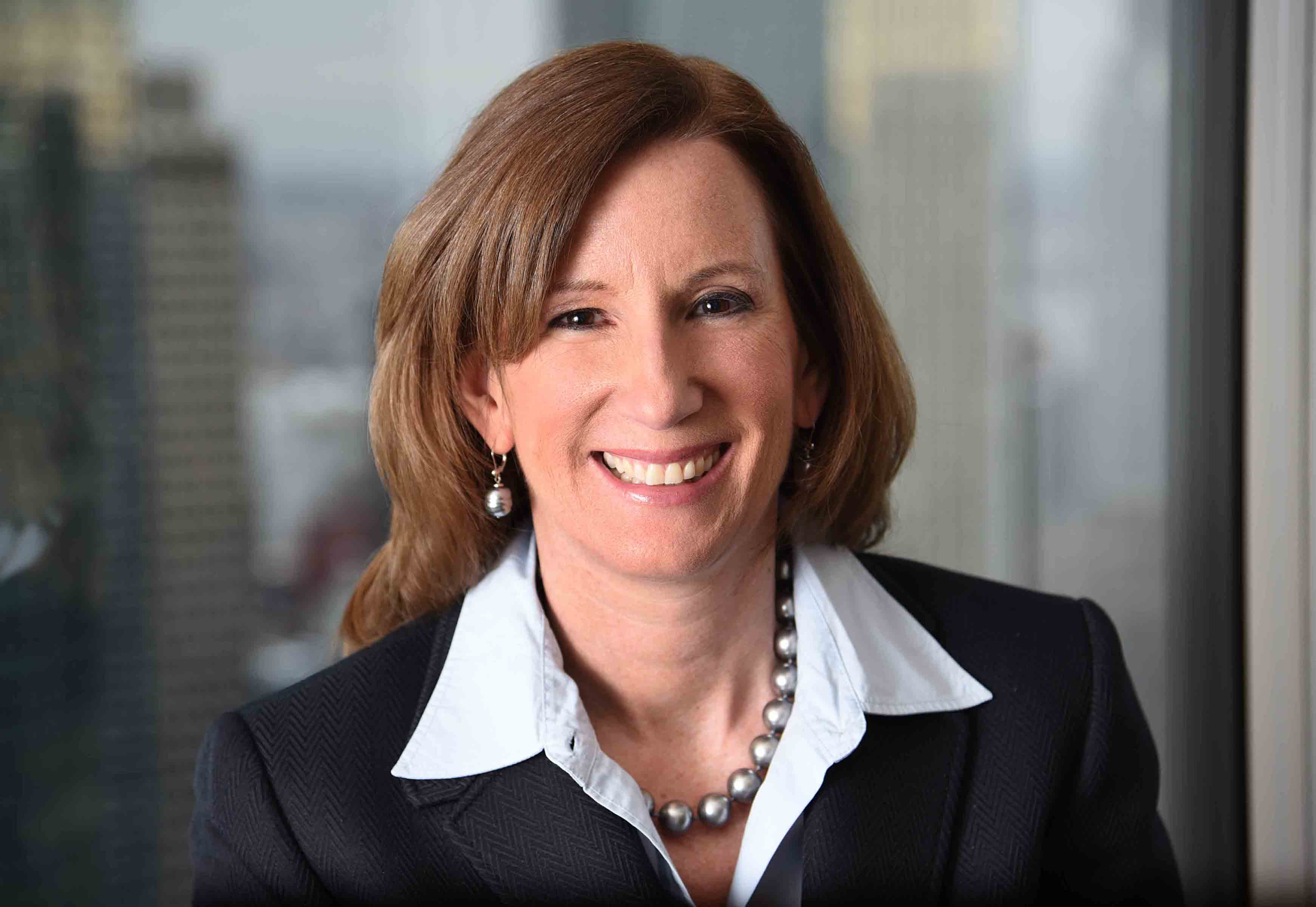
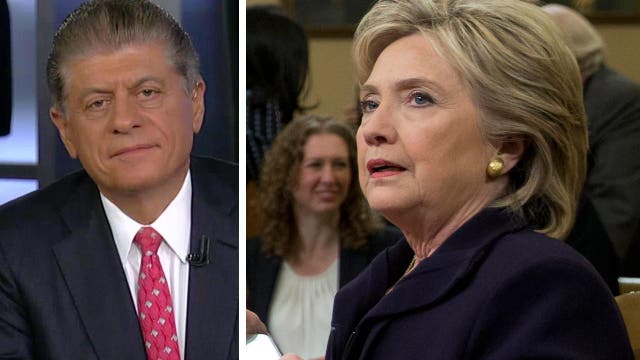
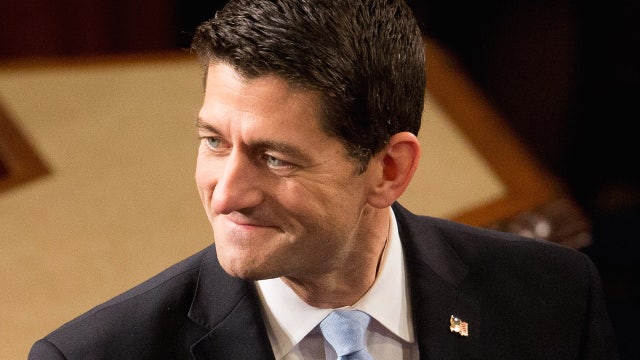
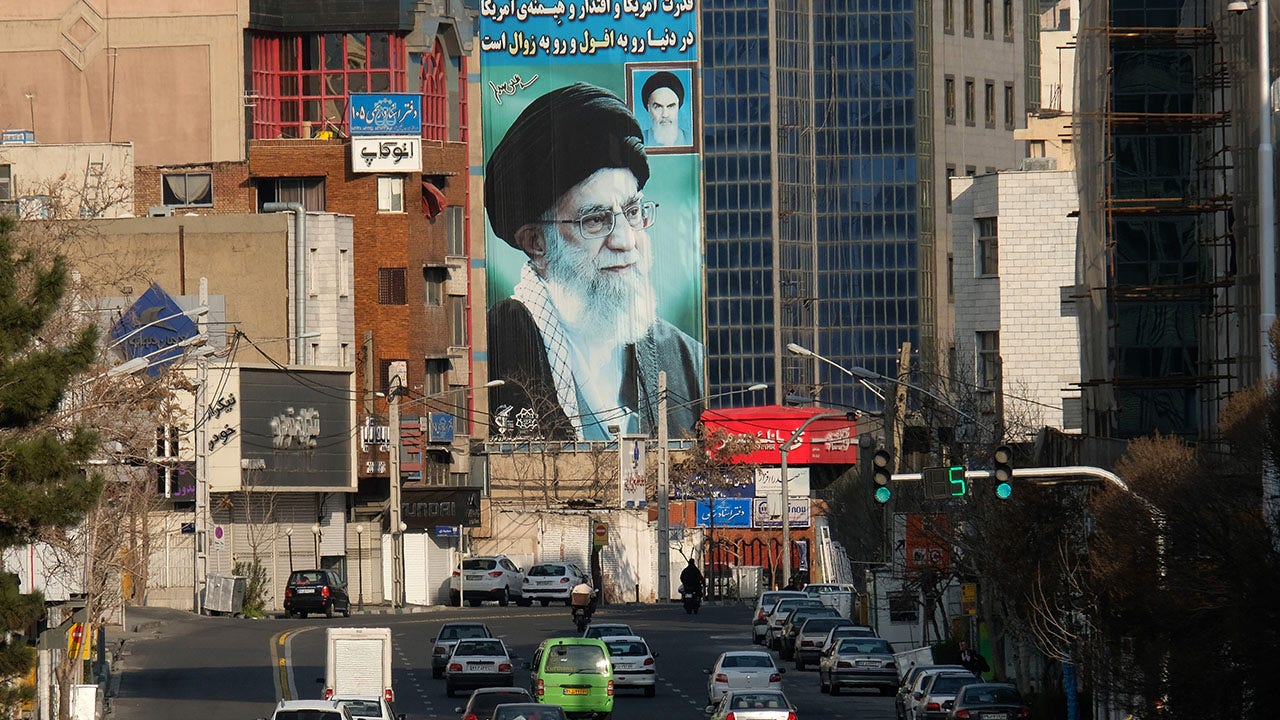
Leave a Reply